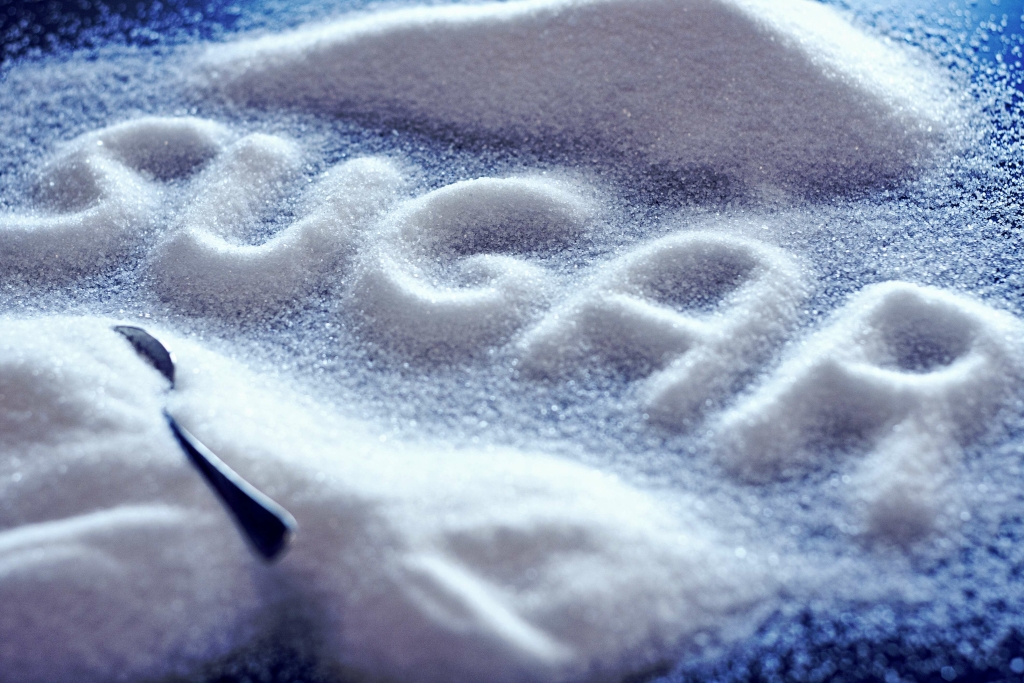Current guidelines from the American Heart Association suggest that if you do drink, keep it to less than one 5-ounce glass of wine per day for females and two for males. And if you don’t already drink, there’s no reason to start for health benefits. There’s a lot you can do to bring down your BP if you’re concerned about your numbers. If you drink, taking a look at your alcohol intake is a good place to start. If you’re worried about your or a loved one’s drinking habits, screening questionnaires like CAGE or AUDIT can help clarify the severity of alcohol use patterns and link them to possible health consequences. Metabolism and ClearanceMost alcohol is processed by the liver, where enzymes (e.g., alcohol dehydrogenase) break it down into acetaldehyde and then acetate.
Are There Health Benefits of Drinking Red Wine?
For low doses of alcohol, we found that one glass of alcohol had little to no effect on blood pressure and increased heart rate within six hours of drinking. Drinking excessive alcohol is considered one of the most common causes of raised blood pressure. We wanted to quantify the effects of a single dose of alcohol on blood pressure and heart rate within 24 hours of consumption. High blood pressure is referred to as a “silent killer,” due to the lack of symptoms. Long-term high blood pressure increases the risk of heart attack, heart disease, stroke and kidney disease. Risk factors for high blood pressure include smoking, eating a diet high in sodium, and low physical activity levels.
- If you take blood pressure medications like ACE inhibitors or beta-blockers, your doctor has likely warned you to avoid certain things—including some beverages.
- Alcohol can temporarily increase your heart rate, and it doesn’t take much for it to happen.
- For instance, someone with high blood pressure may be at an increased risk of negative side effects due to drinking alcohol.
Should We *Really* Be Putting Castor Oil in Our Belly Buttons in the Name of Health (or for Any Reason at All)?
Now, the recent AHA guidelines emphasize that we shouldn’t drink if we don’t already, and if you do, limiting daily intake to two drinks for men and one drink for women is really the best for your health. If you have high blood pressure, do not drink alcohol or don’t drink much alcohol. For healthy adults, that means up to one drink a day for women and up to two drinks a day for men. Excessive drinking disrupts the delicate balance of hormones and blood vessels that help maintain healthy blood pressure levels. If you or someone you love is experiencing the effects of excessive alcohol use and high blood pressure, hope and help are available. Remember, it’s never what is alcoholism too late to take control of your health and get on the path to recovery.
Financial and Support Resources for Managing Health
- Heavy and consistent drinking may lead to long-term blood pressure problems.
- She notes that it can cause an enlarged heart (alcoholic cardiomyopathy), which weakens your heart and makes it harder to pump blood.
The references and abstracts identified by our search will be imported into Covidence. Two reviewers (ST and CT) will assess the eligibility of the trials independently using a trial selection form based on the criteria listed above. The reasons for exclusion will be provided in the Characteristics of excluded studies table for all the full text reports that are retrieved and excluded. A PRISMA flow chart will be produced to describe the flow of selection of studies. The American College of Cardiology and the American Heart Association recommend cutting back or eliminating alcohol entirely to help manage blood pressure. This means paying attention to portion size is important, too, as a wine glass filled to the brim or an oversized margarita may actually count as two or three drinks, says Sheth.
Who Is at Risk for High Blood Pressure From Alcohol?
Your blood pressure may return to normal levels, but any damage to your heart and body due to elevated blood pressure may be irreversible. When you drink alcohol excessively in one sitting, it can cause an immediate, short-term increase in blood pressure. On the other hand, frequent long-term drinking can cause lasting elevated blood pressure. It will also look into the immediate and long-term effects that can lead to serious health issues. While blood pressure medications are generally effective at lowering the risk of heart attacks and strokes, certain drinks, like herbal teas and juices, can interfere with how they work or trigger unwanted side effects.

We provide you with the tools and strategies you need to maintain mental health stability and improve overall quality of life. It’s also the case that if you’re drinking enough to significantly raise BP levels, the medication may be rendered ineffective and unable to bring your blood pressure back into the safe zone. You don’t necessarily need to quit drinking red wine if you enjoy it in low or moderate amounts.
Factors Influencing Blood Pressure After Alcohol Consumption
Alcohol interferes with the heart’s electrical signals, which can contribute to atrial fibrillation and weaken how the heart pumps, explains Campbell. While data conflicts on one glass of alcohol’s effects on A-fib, people who abstain from alcohol appear to have the lowest risk of developing A-fib. Conflicting messaging about wine can leave you wondering whether that nightly glass is helping or hurting your health. Red wine often gets attention for its antioxidants like polyphenols, which may support heart health. In fact, the benefits often linked to wine may be more about healthy lifestyle habits like eating well, staying active and managing stress. If you’re generally healthy and under 40 years old, you should have your blood pressure checked every two to five years.
Reducing fall risk for aging adults – what works and why
- Exercise releases endorphins while also promoting better sleep and reducing levels of the body’s stress hormones.
- Thus, the current knowledge supports the view that sustained alcohol consumption, above 30 g per day, significantly, and dose-dependently, increases the risk of hypertension 32.
- Consuming alcohol causes the blood vessels to narrow, which causes hypertension or a rise in blood pressure.
- Regular and heavy drinking can lead to an increase in blood pressure levels over time.
- Additional experimental animal and human data suggest that alcohol consumption impairs endothelial function, decreasing nitric oxide generation and increasing formation of reactive oxygen species and oxidative stress 43.
They process alcohol differently than men due to their smaller body size and lower dehydrogenase levels—enzymes in the gastrointestinal tract that break down alcohol. When that happens, “people may experience swelling, higher blood pressure readings, or reduced effectiveness of their prescribed drugs,” Krumholz said. Alcohol may also worsen the side effects of these medications, including dizziness, lightheadedness, fainting, and changes in heart rate, according to the National Institute on Alcohol Abuse and Alcoholism. “Drinking excessive amounts of grapefruit juice can, in turn, lead to higher levels of these medications in the bloodstream, which can cause episodes of low blood pressure,” Islam said. If you take blood pressure medications like ACE inhibitors or beta-blockers, your doctor has likely warned you to avoid certain things—including some beverages. The damage compounds over time, making it harder to achieve normal blood pressure readings even with medication.
An occasional drink may not make a significant difference if https://taibaharamayn.com/2022/05/16/what-is-heroin-addiction-risk-safety-and-how-to-2/ your high blood pressure is under good control with medication and/or healthy habits like diet and exercise. Keep a log of your readings along with your alcohol consumption to identify patterns and share this information with your healthcare provider. Many people see a reduction of 5-10 mmHg in their systolic blood pressure within the first month of abstaining from alcohol.
In particular, chronic alcohol consumption can contribute to thiamine deficiency. A higher thiamine dietary intake is linked to a reduced risk of hypertension, heart failure and cardiovascular mortality. alcohol affect on blood pressure The UK Chief Medical Officers advise against drinking more than 14 standard drinks per week to minimize health risks, including high blood pressure alcohol and cardiovascular disease.

Systolic pressure is the pressure within the arteries of the heart when the heart contracts, and diastolic pressure refers to the lowest pressure in the arteries when the heart is relaxing between contractions. As a service to our readers, Harvard Health Publishing provides access to our library of archived content. Alcohol can stop brain receptors that help regulate blood pressure from working properly.

